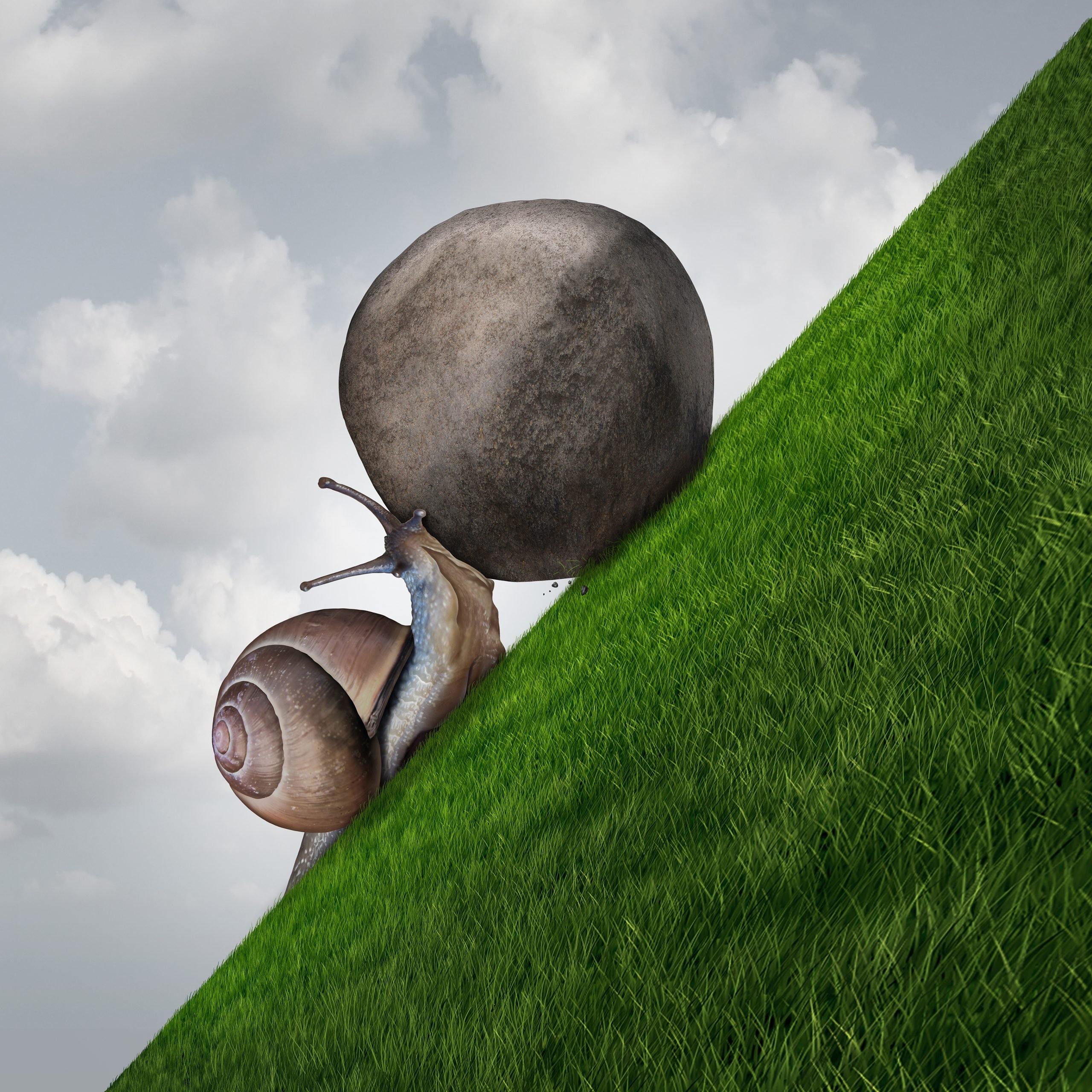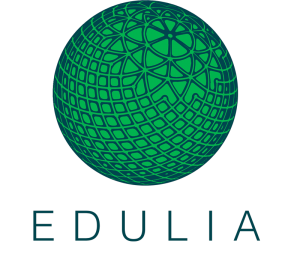PhD life: some anecdotes on struggles, growth and passion from ESR8-Andreia

Not every PhD is the same, that’s for sure. Factors like your university rules and regulations, your topic of study, your workplace and colleagues play a key role on how you will experience the PhD life. Nevertheless, I would like to share my own specific experience, that is mostly a very good one.
I have just finished my 2nd year PhD, entering now the 3rd year (this is a bit scary I shall confess!). The main lesson I have learned until now is that a PhD requires a great deal of patience. P-A-T-I-E-N-C-E with all capital letters. Patience to analyse around 500 pages of transcribed interviews + 300 pages of social media content (getting lost into it, but finding a way out eventually). Patience to go through a questionnaire a hundred times before launching it. Patience to overcome the frustration of getting stuck in a Structural Equation Modelling analysis and seeing no way out (and eventually asking for help). Patience to wait for an ethics approval before you can proceed with your study. Patience to wait months until you hear from the journal you have submitted to (sometimes to simply receive a rejection). Patience to re-read your article hundreds of times before you submit it (and read it another hundred times if you are lucky to get reviewers comments and can work on it again). Patience to re-collect the 300 references you had in EndNote that had suddenly disappeared and there was no way to get back (did not happened to me, but with a colleague, and oh Lord, I can understand the pain!).
Another interesting point is the lack of understanding of your family and friends about the work you do. If it’s taking so long, why can’t you just send your article to another journal? Why do you have to pay to attend conferences to present your work (shouldn’t they pay you if you are giving them a presentation)? Those are some of the questions I haven’t managed to give a satisfactory answer to my dear ones. And the most frustrating of all about them, is that they never read your articles… (Ok, my first –and only so far – published article has 16 pages, but that’s why we have an Abstract, mom. Oh no, not my mom, she cannot read English. Forget about it…).
Yes, as you see, there are hard moments and inconveniences, but there is fun as well. I’m lucky to have very nice and kind PhD supervisors and colleagues that help me a lot, with so many things (even if is just for an afternoon tea, that can be exactly what you need at certain moments). I feel that I belong to a community, and that we are in this together. My colleagues, professors and supervisors inspire me and make me aspire broader horizons.
The solution I found to keep me motivated at hard times is mostly to try to remember the meaning of what I do. I particularly keep being passionate about my topic of study. I also try to remember that I’m growing along the way – as a researcher and as a person. One thing I heard from a PhD colleague that really helped to keep up the motivation: You probably cannot change the word with your PhD, but you can change yourself. I definitely think I have changed, (I hope) mostly for the better.
I once heard in a TedTalk: People keep telling you to work hard, but no one tells you to work with love. That inspired me a lot, and I try to keep that in mind for my job. I try to enjoy what I do (I found out that analysing 300 pages of social media content can be very fun after all) and enjoy the company of everyone I encounter. I learned so much from the parents I got to interview in three countries (not only about eating behaviours, but also about life). What a chance, listening to people sharing their experiences in three different languages! Thinking now, I realise that I actually learned something from EVERYONE that crossed my PhD path.
The best thing that happens when you manage to work with love is that it stops feeling like work. It becomes a self-development tool and a hobby.
Being kind to each other in the work place (and in life in general, I dare to say) is also key to make things work in the best possible way. Although a PhD is an individual project (you are the only and main responsible for it, for the better and the worst), I have never felt alone in my job. Offering and receiving help is necessary for wellbeing and success.
That’s all I would like to share about my PhD experience as a Marie-Curie fellow in the Edulia team at Aarhus University. I’m sincerely thankful for this opportunity, and I have to confess that, deep inside, I still believe I CAN change at least one tiny little part of the world with my work.
academic work, ESR8, life as researcher, PhD life


